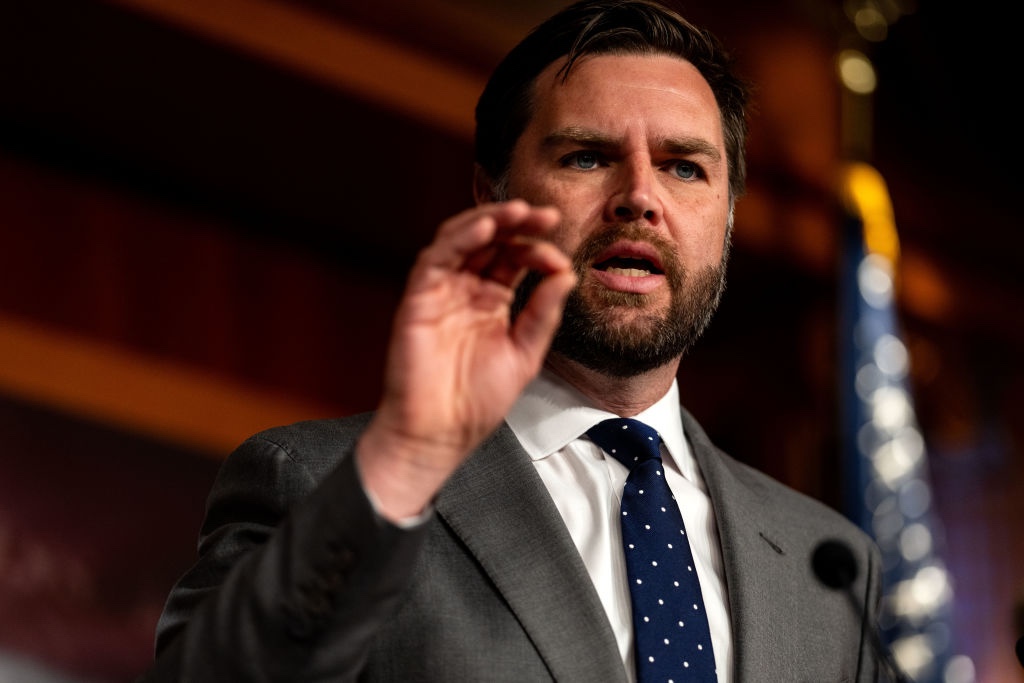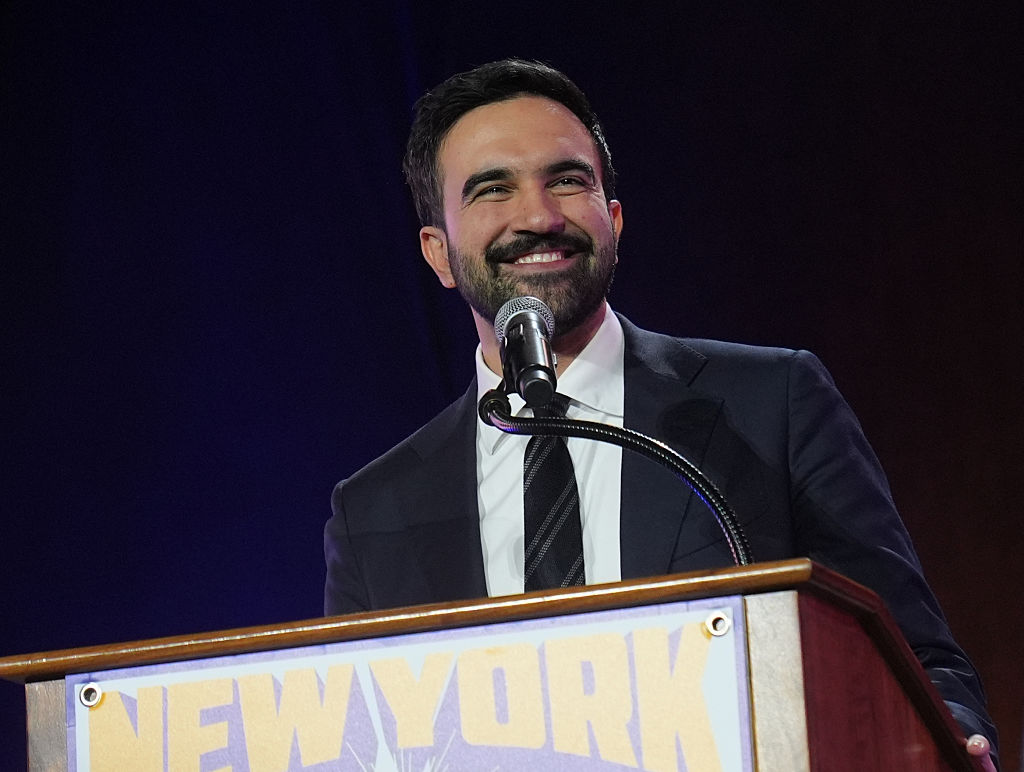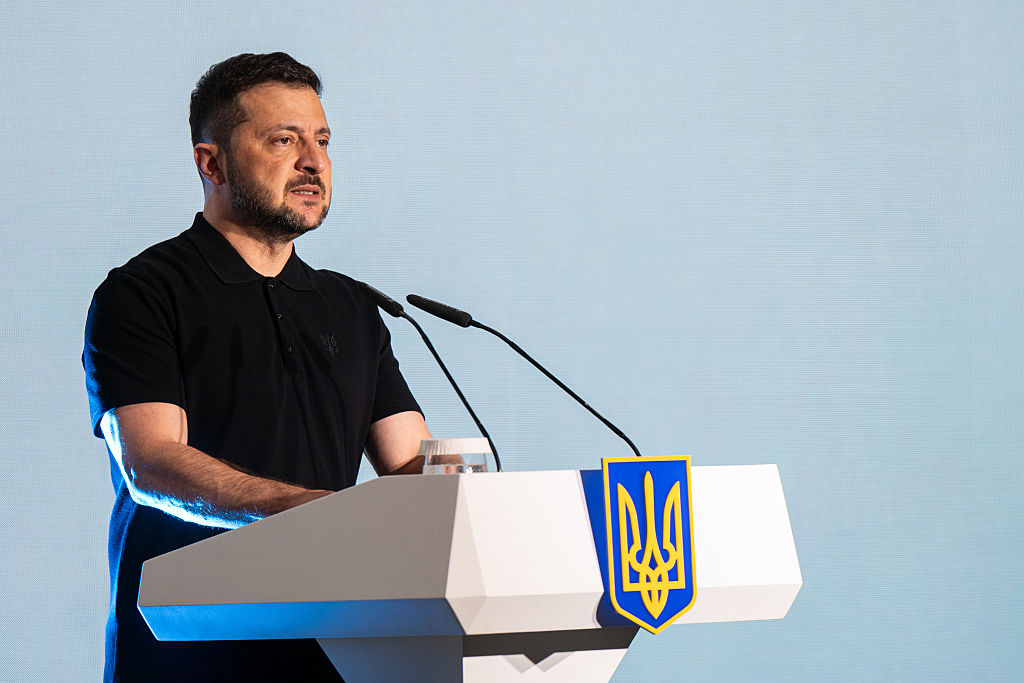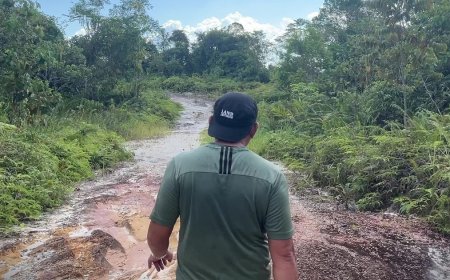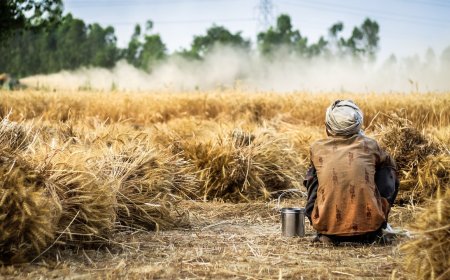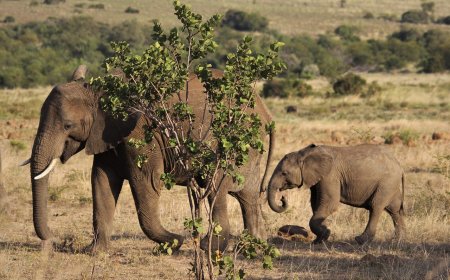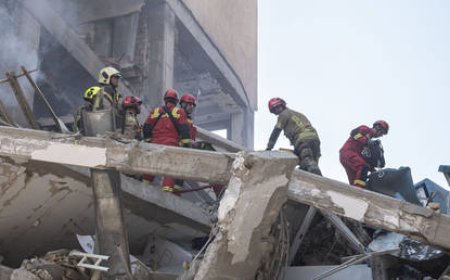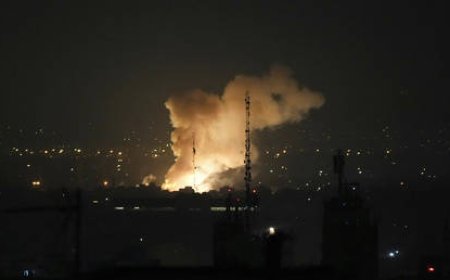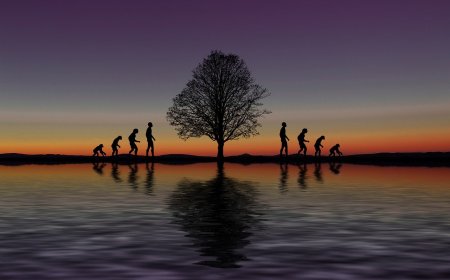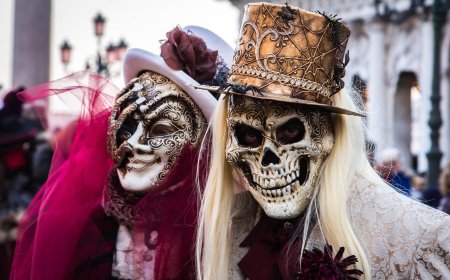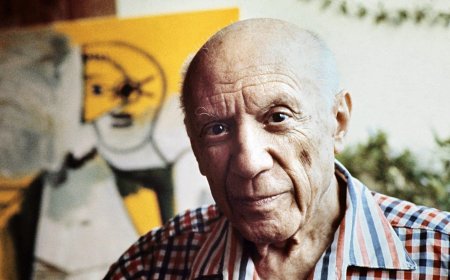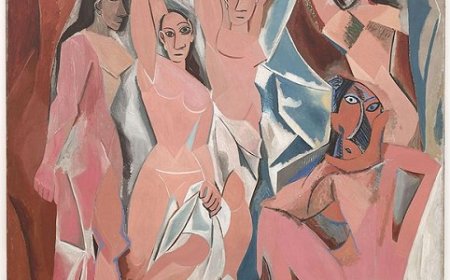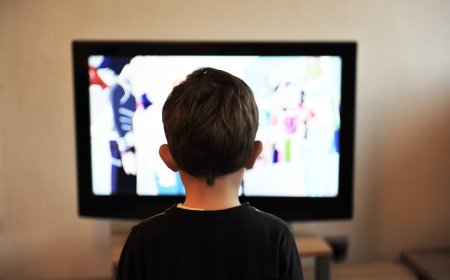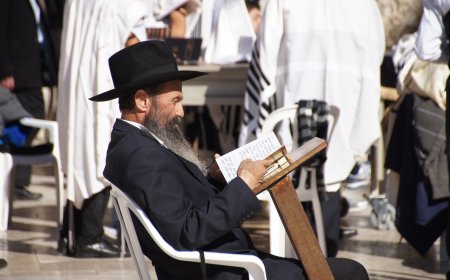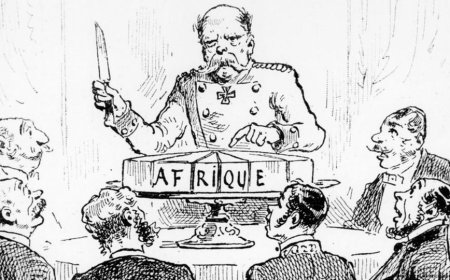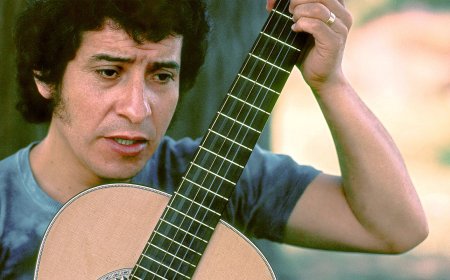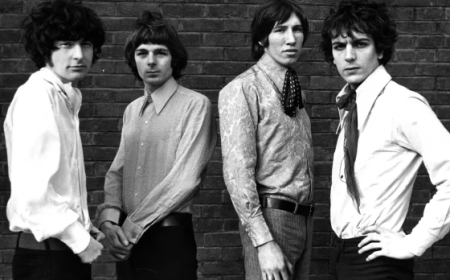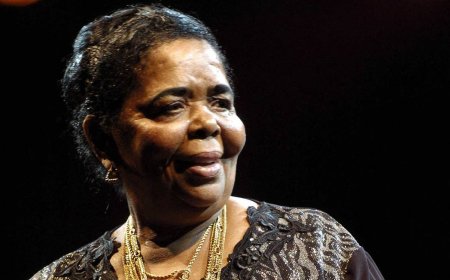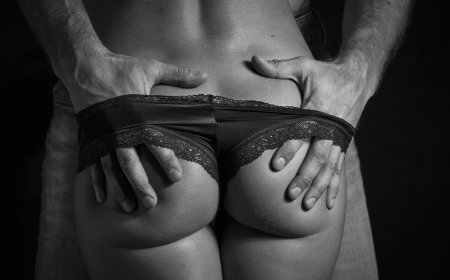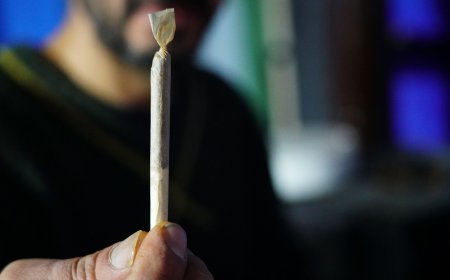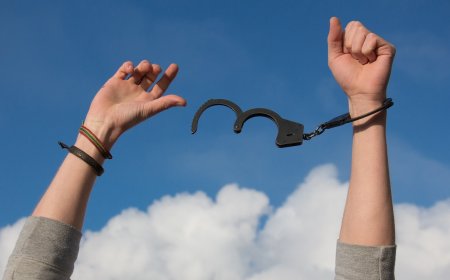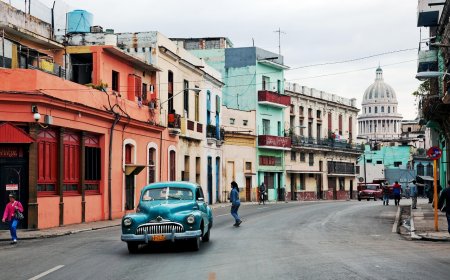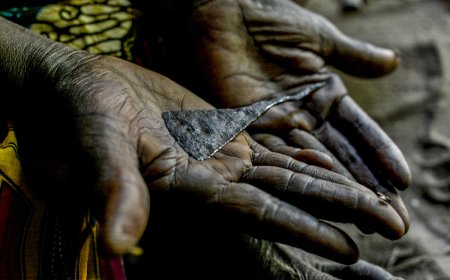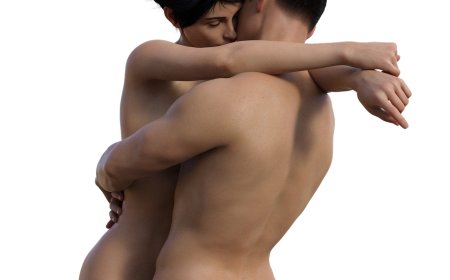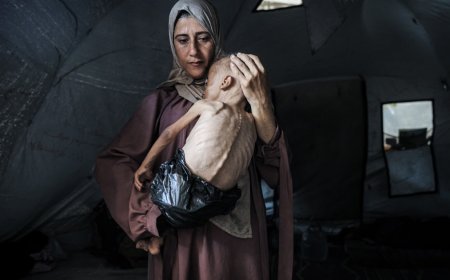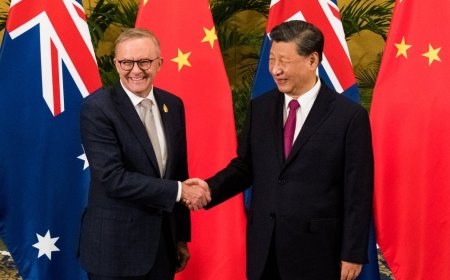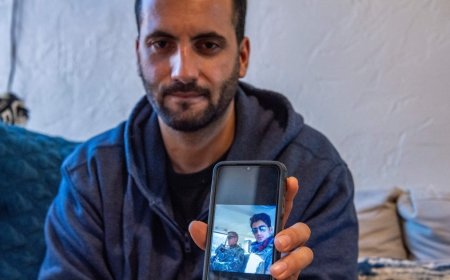From prison to death penalty: the most repressive countries against homosexuals
In Iran or Saudi Arabia a man can be killed just because he loves another man, and the same for women.

There are several countries where homosexuality is criminalized, and individuals can face severe penalties, including imprisonment and, in some cases, the death penalty. Legal and social landscape regarding LGBTQ+ rights can change over time, but here are some countries that have been historically known for their repressive attitudes toward homosexuality:
- Iran: Iran criminalizes same-sex sexual activity, and those convicted can face severe punishments, including imprisonment, flogging, and, in some cases, the death penalty.
- Saudi Arabia: Same-sex sexual activity is illegal in Saudi Arabia, and those found guilty can face punishments ranging from imprisonment to the death penalty.
- Yemen: Homosexuality is criminalized in Yemen, and individuals convicted of engaging in same-sex sexual activity can face imprisonment.
- Afghanistan: Afghanistan has a conservative society, and homosexuality is considered taboo. While there are no specific laws criminalizing same-sex activity, societal attitudes can be repressive and dangerous for LGBTQ+ individuals.
- Nigeria: Nigeria has some of the most stringent laws against homosexuality in Africa. Same-sex relationships are criminalized, and those convicted can face imprisonment, particularly in areas that have adopted Sharia law.
- Somalia: In areas controlled by the extremist group Al-Shabaab, homosexuality is punishable by death.
- Chechnya (a region within Russia): Reports have emerged of severe human rights abuses against LGBTQ+ individuals, including detention, torture, and extrajudicial killings.
- Uganda: Uganda has been known for its stringent anti-gay legislation. While the "Anti-Homosexuality Act" was overturned in 2014, LGBTQ+ individuals still face discrimination and violence.
These are just a few examples, and unfortunately, there are many other countries where homosexuality remains criminalized or where LGBTQ+ individuals face significant societal discrimination and persecution.
It's important to advocate for human rights and equality for all individuals, regardless of their sexual orientation or gender identity, and to stay informed about changes in laws and attitudes toward LGBTQ+ rights globally.
